Steam Deck could upend the gaming industry... whether Valve has the guts is another story.
The Steam Deck has the potential to be a fundamental paradigm shift for gaming. First, there's the custom Ryzen-based APU that manages to outperform the previous generation consoles in nearly every respect with a mere 15W CPU. And let's not forget about SteamOS...
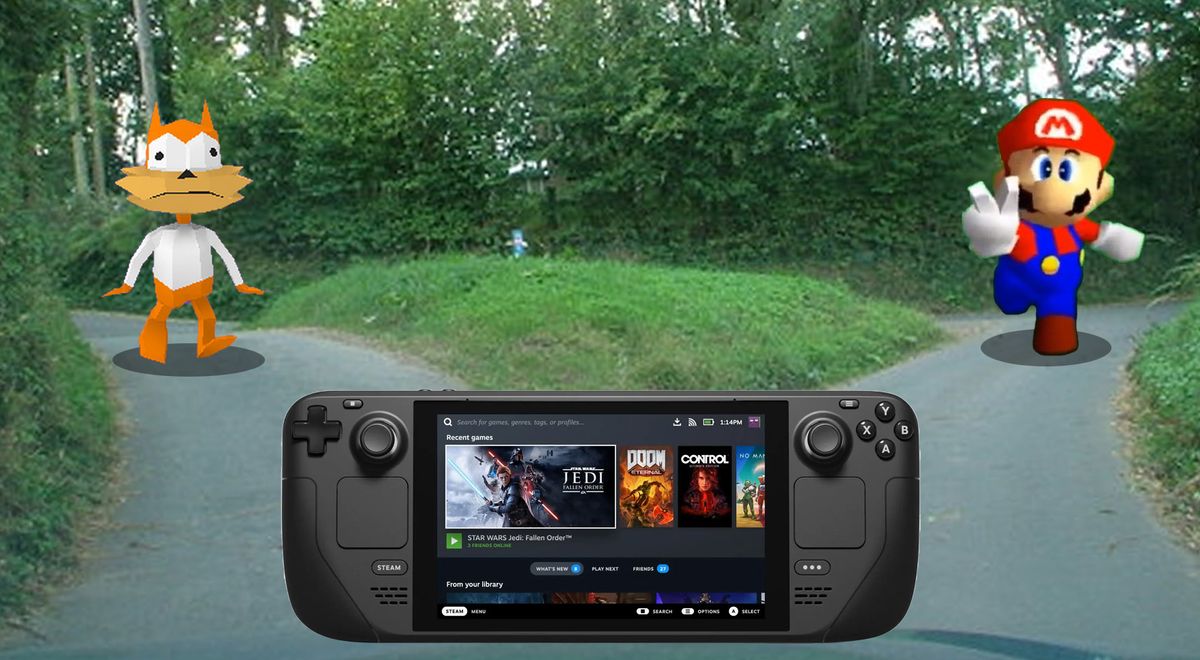
The Steam Deck has the potential to be a fundamental paradigm shift for gaming.
First, there's the custom Ryzen-based APU that manages to outperform the previous generation consoles in nearly every respect with a mere 15W CPU. And let's not forget about SteamOS, the Linux-based operating system built from the ground up for gaming. There's any number of game-changing hardware and software we could talk about.
But for now, let's focus on controls. And when it comes to controls, we're in the Bubsy 3D era of the Steam Deck.
The Steam Deck has its novel touch sensitive analog sticks, it has the haptic trackpads, the built-in touch screen, the rear paddle buttons, the gyroscopic sensors, and the more traditional assortment of buttons. But it's not just the physical controls, the Steam Deck lets you map any method of input to any other. So your controller can emulate a keyboard and mouse, supplement a controller with keyboard commands, behave as a normal gamepad, or any combination thereof.
And that's what we're here to talk about. I'd argue that nobody is using the controls to their fullest potential... except Valve.
Last year, Valve released Aperture Desk Job, a story-driven tech demo that showcases the unique controls of the Steam Deck. And in it, each input got its moment to shine.
From the trackpads, to the analog sticks, the traditional buttons, gyro aiming, touch screen, and, heck, even button chords... Aperture Desk Job demonstrated to us that the Steam Deck was more than the sum of its parts. It showed us the power of hardware and software designed thoughtfully and cleverly for one another.
Sadly, however, Aperture Desk Job was little more than a tech demo. A 20-to-30 minute experience set in the Portal universe. And we've seen this before, too.
Aperture Hand Lab was a tech demo that exemplified the novel input methods of Valve's Index controllers. These controllers gave VR players a finer approximation of their real-world hands in a virtual space. And Hand Lab demonstrated to the VR community just how powerful the Index's controllers could be.
And then, Valve came out with Half-Life: Alyx. As an ENORMOUS fan of Half-Life, I've played through Alyx multiple times, including once with developer commentary on.
You can imagine my disappointment when I learned that some of the more unique gameplay features that took advantage of the Index controllers had to be scrapped because existing VR controllers (read: Oculus Rift and the HTC Vive controllers) did not have feature parity.
Look, I get it, the financial pressure of developing a game–even for a company like Valve–meant designing Half-life: Alyx for the lowest common denominator.
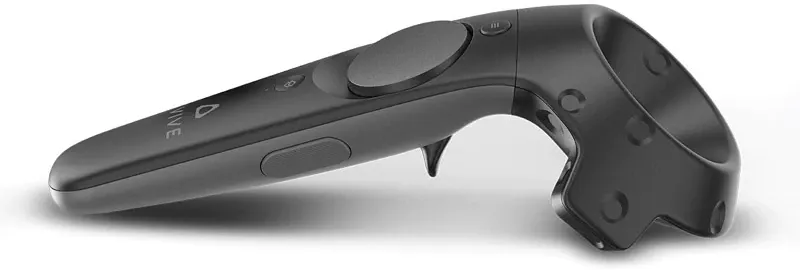
That decision to play to the most limited input methods left several innovative gameplay mechanics on the cutting room floor. While I opine what Half-Life: Alyx could have been had they focused solely on their first-party headset, I understand why they decided to cut some features to include more headsets/controllers.
But you might be asking "why am I talking about this?" Because for the Steam Deck, I don't think I can be so generous in my understanding.
Look, Gabe Newell has cited Super Mario 64 as his favorite game of all time. He's stated that it's the game that convinced him to become a game developer.
He's also said that he's always envied Shigeru Miyamoto who got to design hardware and software simultaneously and which complemented each other so perfectly.
When Super Mario 64 was released, there were other competing systems with 3D capability. The PlayStation being the most notable. And there were several video game franchises that had tried to make the switch from 2D to 3D. Most of which failed. Bubsy 3D being among them.
All these games–Bubsy 3D included–suffered from floaty controls, stiff movement, a locked camera, and slow gameplay did not lend itself to having fun.
But then Nintendo changed the entire gaming world in 1996 with Super Mario 64. The game was developed in concert with the Nintendo 64 hardware. That includes it's truly perplexing–yet inarguably revolutionary–controller.
The biggest game-changers here? The N64's control stick and the way Nintendo absolutely nailed not just Mario's movement through 3D space, but control over the camera.
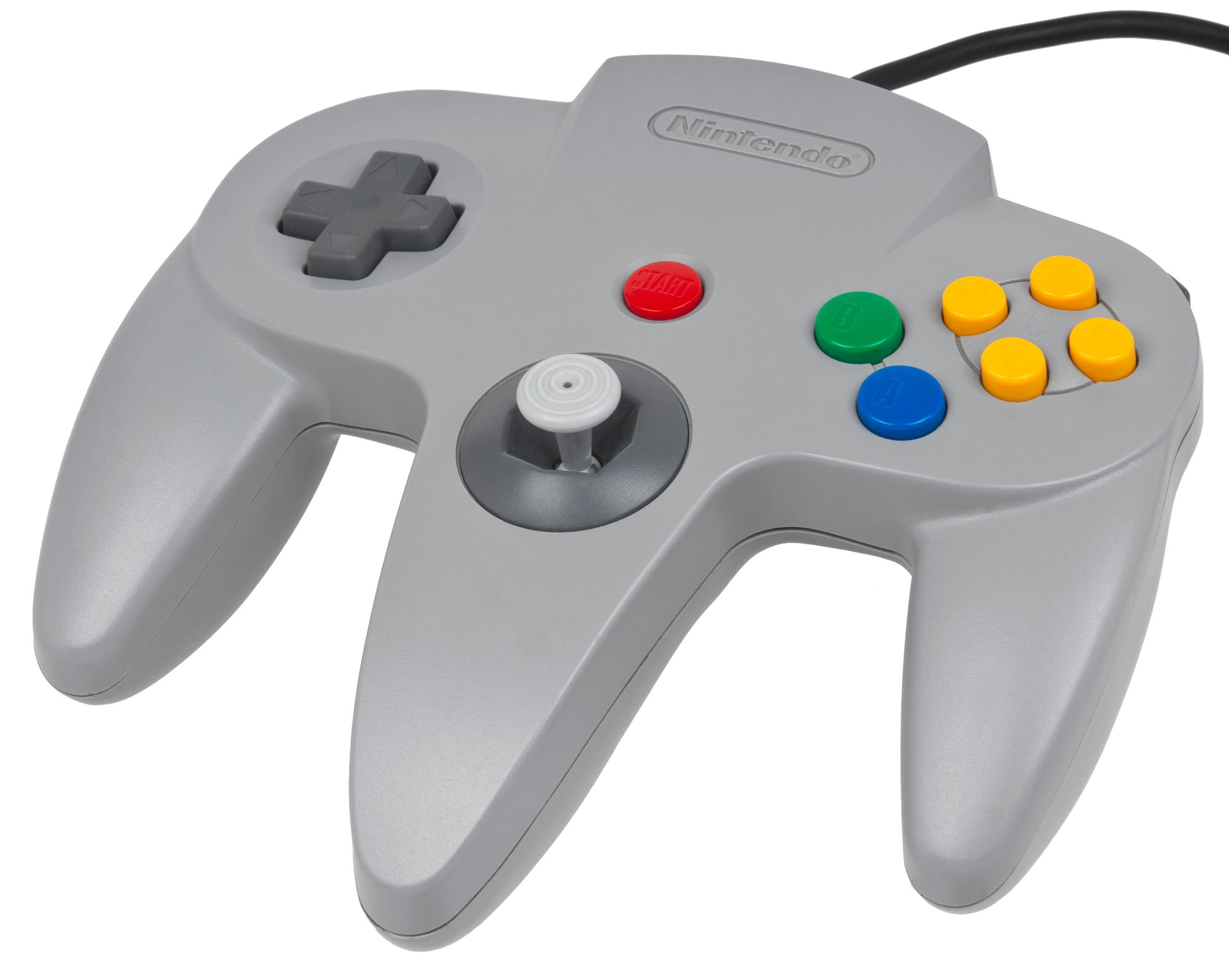
I'm not saying they did any of it first. I'm just saying they put all the pieces together in the right way and showed the entire gaming industry just what was necessary to make not just a platformer–but a game–in 3D.
Without Super Mario 64, we wouldn't have the obvious titles like Banjo-Kazooie, or Spyro, and Crash Bandicoot would probably be unrecognizable... but in Gabe's own words, Half-Life simply wouldn't exist. Entire franchises like Call of Duty may never have emerged. Gaming would never have evolved into what it is today.
It can't be overstated how important and transformative Super Mario 64 was to the video game industry.
And it's time that Valve make their own proverbial Super Mario 64. It doesn't have to be a mascot platformer. But what it does need to do is show the gaming industry just how powerful the Steam Deck's controls are.
Valve needs to have the courage to release a title that takes full advantage of the Deck's hardware, demonstrate its latent abilities and become the envy of the industry... and not be afraid of including features that are inaccessible to players who aren't on the Steam Deck.
Does the game need to be "exclusive" to the Deck? No. But should the Steam Deck be the flagship way to play the game? Yes. Would such a title be an inflection point for the gaming industry? I believe it would be.
With any industry that has more or less stagnated in terms of innovation, it takes someone to come in and shake up the status quo. And I think it's fair to say that controller input has stagnated. The Xbox's controller hasn't significantly changed since the Xbox 360.

The DualShock has been replaced with the DualSense... with force feedback in the triggers... and that's about it.
Meanwhile the Deck's over here like... What, Sony gives you an unreachable trackpad? Boom. Have two of them that feel great to use.
What? Phil Spencer doesn't like gyro controls. Grow up, kid. Here's a gyro that give you as much precision as using a mouse.
What? Nintendo has six year old hardware? Boom. How about handheld PC hardware that can emulate a freakin' Switch.
Fact of the matter is, the Steam Deck has the potential to revolutionize the way we control games. And precedent has shown us that third party game developers have too much at stake with a new game's release to stray too far from what's proven to make money. But Valve can.
Now maybe one of the games Valve is reportedly working on is just such a title. And perhaps they're developing a standalone Steam Controller 2 that has feature parity with the Deck's controls.
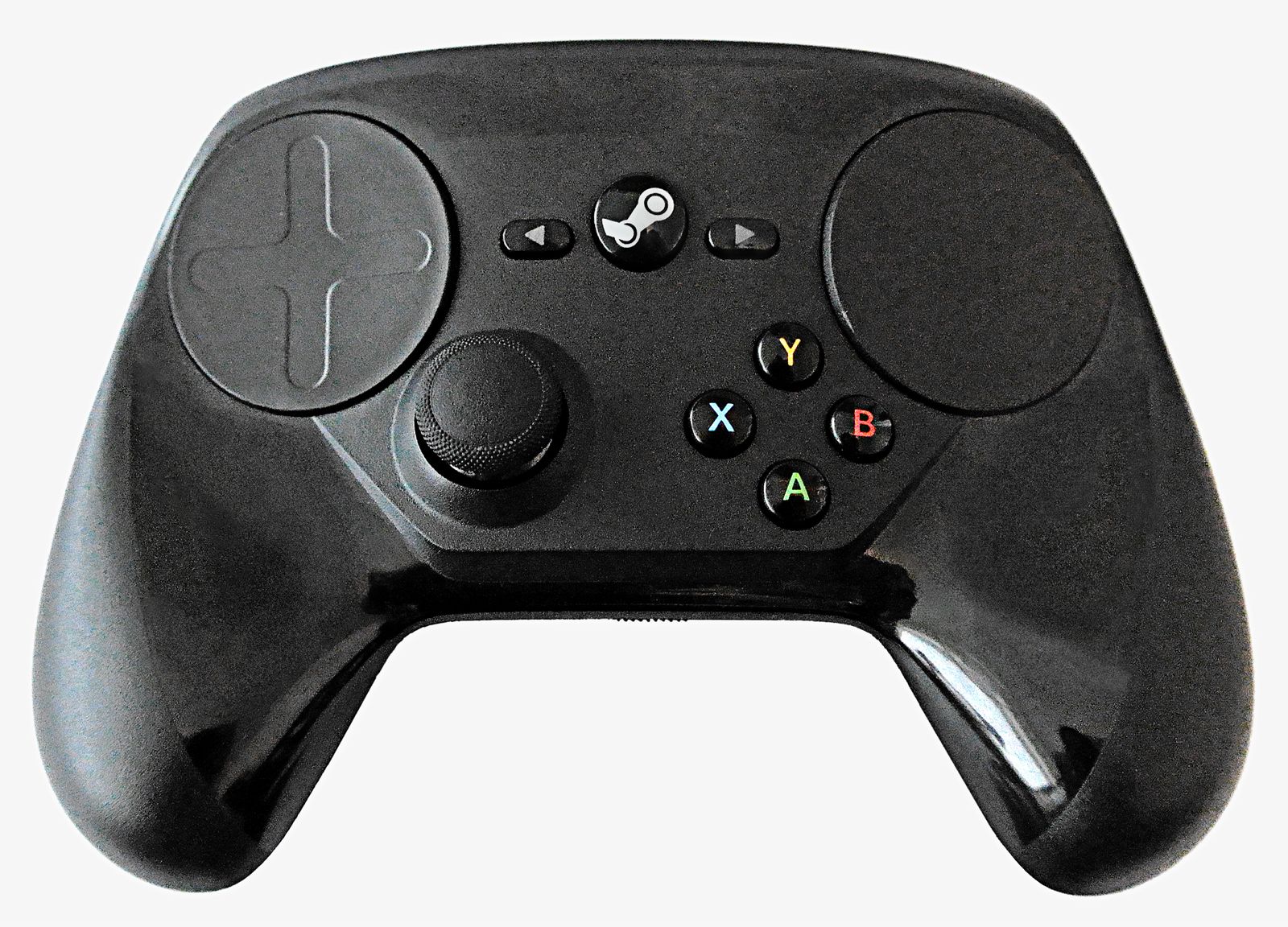
If that's the case, that would be pretty awesome and they could stand to wait for the release of the new controller. But if a new controller is not in the cards, Valve should have the courage to take a stand and push the industry forward.
They shouldn't worry about other types of controller input, just make a game that is designed for the Steam Deck and the Steam Controller 2. Hell, it's what Gabe's been dreaming of since he started Valve!
Draw a line in the sands of time. Push the games industry out of the medieval stagnation that is the contemporary controller landscape.
It's time to move beyond the proverbial "Bubsy 3D" era and into the post Mario 64-world.
But I'd like to know what you think. Do you think Valve should develop a game that treats the Deck as the flagship way to play? Get signed up below and leave me a comment. I'd love to hear from you.


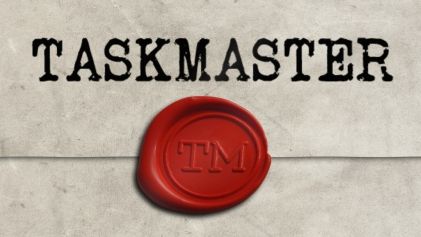

Comments ()